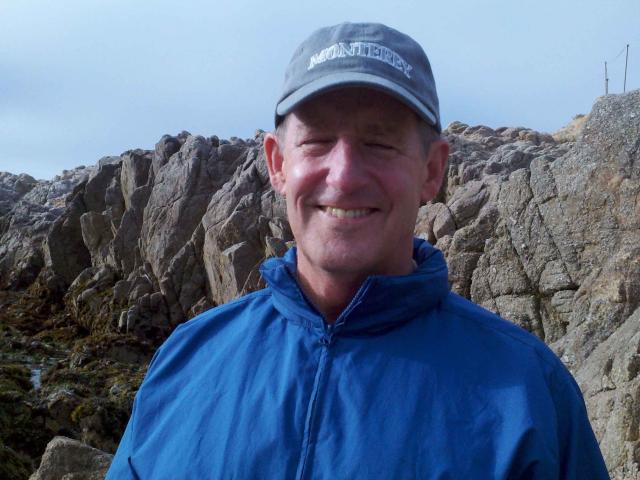Meet Jan Alden Cornish (CCS Mathematics '69)
Jan Alden Cornish discusses his constantly evolving relationship with mathematics

College of Creative Studies: How did you hear about CCS?
Jan Alden Cornish: I do not recall how I heard about CCS. I was heading into my third year and I was excited to hear about moving over to CCS!
CCS: Why did you choose be part of “the CCS experiment” and to come to the brand new College?
JAC: I was excited to be able to concentrate in studying mathematics.
CCS: It must have been so interesting being one of the original students of the College. What was it like during that first year?
JAC: Unfortunately, I do not recall a strong sense of this first cohort of students. I was very “heads down” into mathematics.
CCS: Are there any memorable stories from your time at CCS?
JAC: The Beatles released their White Album in 1968 and it had an immense impact on me. I recall listening with a fellow CCS student Allan Rofer.
CCS: What is your profession? Where do you work?
JAC: I recently retired. During my early career, I taught mathematics in a private high school on St. Croix in the US Virgin Islands, and later in Honolulu, Hawaii. Along the way I taught mathematics at several community colleges in Silicon Valley. In my mid-career I became a software engineer, and later in my career, I worked as a technical sales support engineer, and then as an instructional designer and project manager in the education departments of several software companies. I was always looking to foster my self-directed learning, while helping others sharpen their own technical skills.
CCS: How has your time at CCS impacted your professional life?
JAC: This is a challenging question to answer. Due to the accidents of history and my personal choices, CCS indirectly impacted my professional life. The arc of my professional life moved away from pure mathematics and academia into industrial applications of computer science. I was already well into my mid-career when the World Wide Web suddenly appeared. I sustained my interest in statistics over the years, and it broadened to encompass technical computing programming environments. It might be easier to answer “How would I spend my time in CCS today, given the interests I fostered during my professional life?” So, if I were in CCS today I would be entirely into data science and data visualization, which would directly impact my professional career. Instead, I plan to pursue these interests in my retirement.
The common theme between my time at CCS and my professional life is my strong sense of life-long self-directed learning.
CCS: Did you attend graduate school? If so, what did you study and how did CCS prepare you for your further studies?
JAC: Yes, I attended Stanford University to pursue a Ph.D. in mathematics with a National Science Foundation fellowship. I choose Stanford because I was drawn in mathematical logic and set theory. But I spent my entire first year preparing for my qualifying exams in the core topics of Real Analysis, Complex Analysis, and Algebra. I fortunately passed my qualifying exams at the end of my first year. In my second year, I learned that the Stanford set theory guru, Paul Cohen, was not accepting any new graduate students in set theory and the other mathematical logic professor, Solomon Feferman, was on sabbatical. So, my interest in pursuing a life in academia waned and I left at the end of my second year to teach high-school mathematics.
CCS: Were there any faculty that stood out to you?
JAC: My favorite professor was Marvin Marcus who chaired the Department of Mathematics while I was at UCSB. He inspired my interest in matrices and linear algebra. I regret that I did not stay in touch with him over the years, and I understand that he recently passed away.
I also recall Max Weiss who encouraged me to explore Complex Analysis. Unfortunately, I did not follow his advice but plan to remedy that during my retirement.
I recall a demo from Glen Culler in the Electrical Engineering department of his interactive computing environment. Unfortunately, I completely missed the point of it, reacting instead that it was not proof-oriented pure mathematics. My reaction is ironic given my later professional interests.
CCS: Where do you currently reside?
JAC: My wife Meg and I moved from Carmel Valley, CA to Monterey, CA to be closer to the ocean and to enjoy a walkable, urban environment. Meg continues to work as oncology social worker. I have one son Alexander from my first marriage, and he works locally as a service technician for Tesla.
CCS: Anything else you would like to add on about CCS?
JAC: I have enjoyed pondering and responding to these questions. The common theme between my time at CCS and my professional life is my strong sense of life-long self-directed learning.